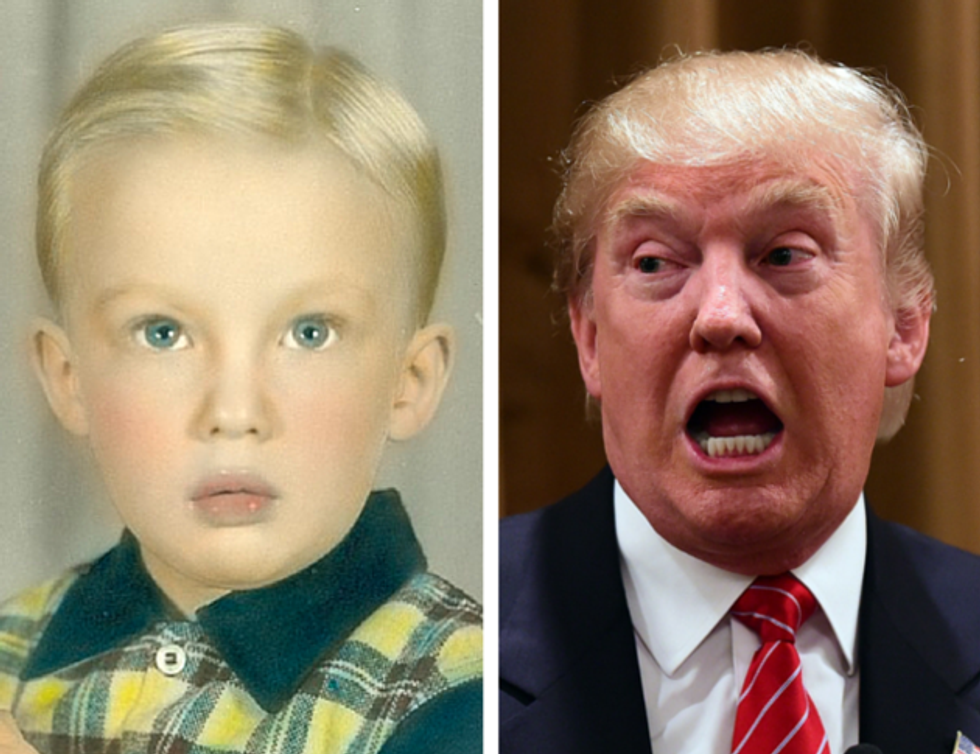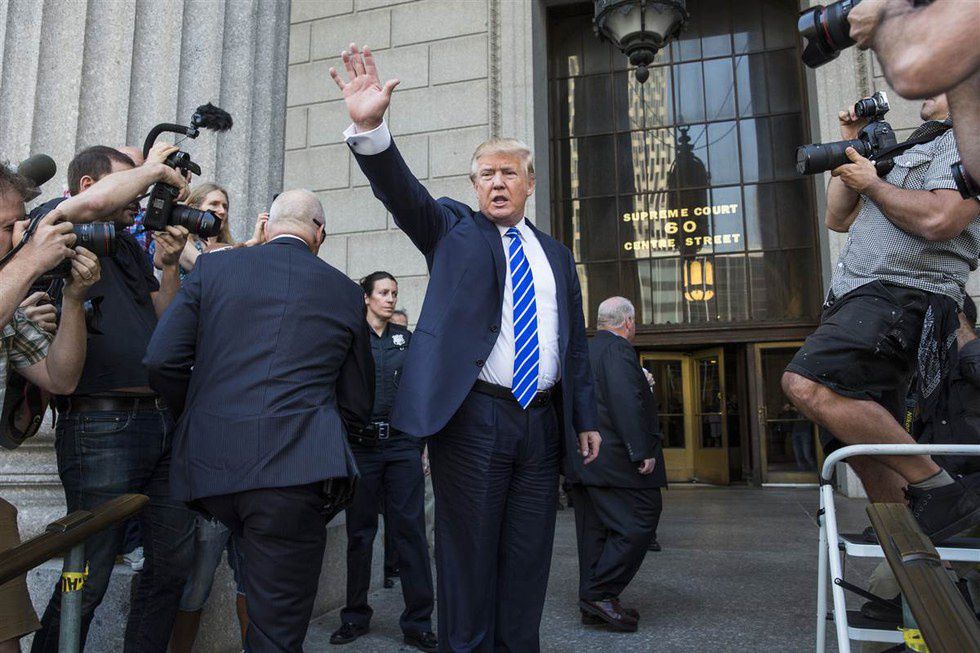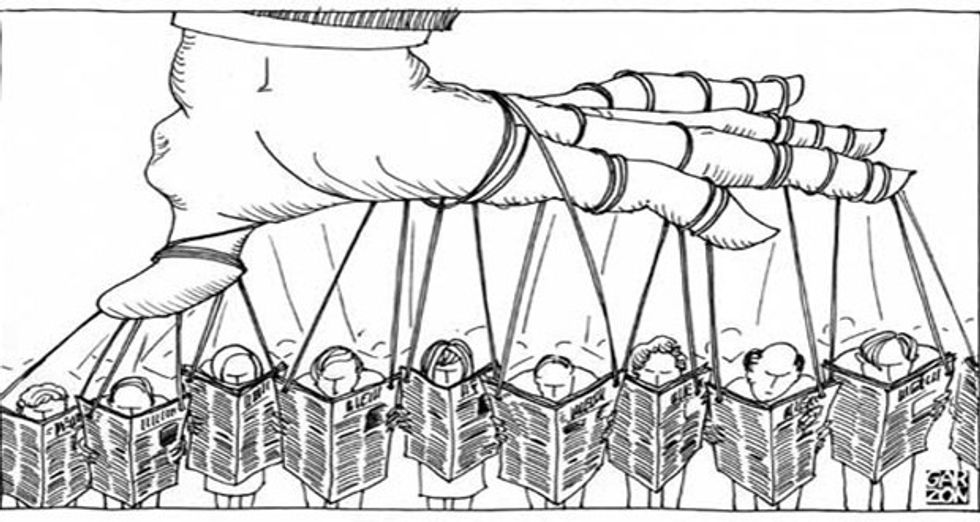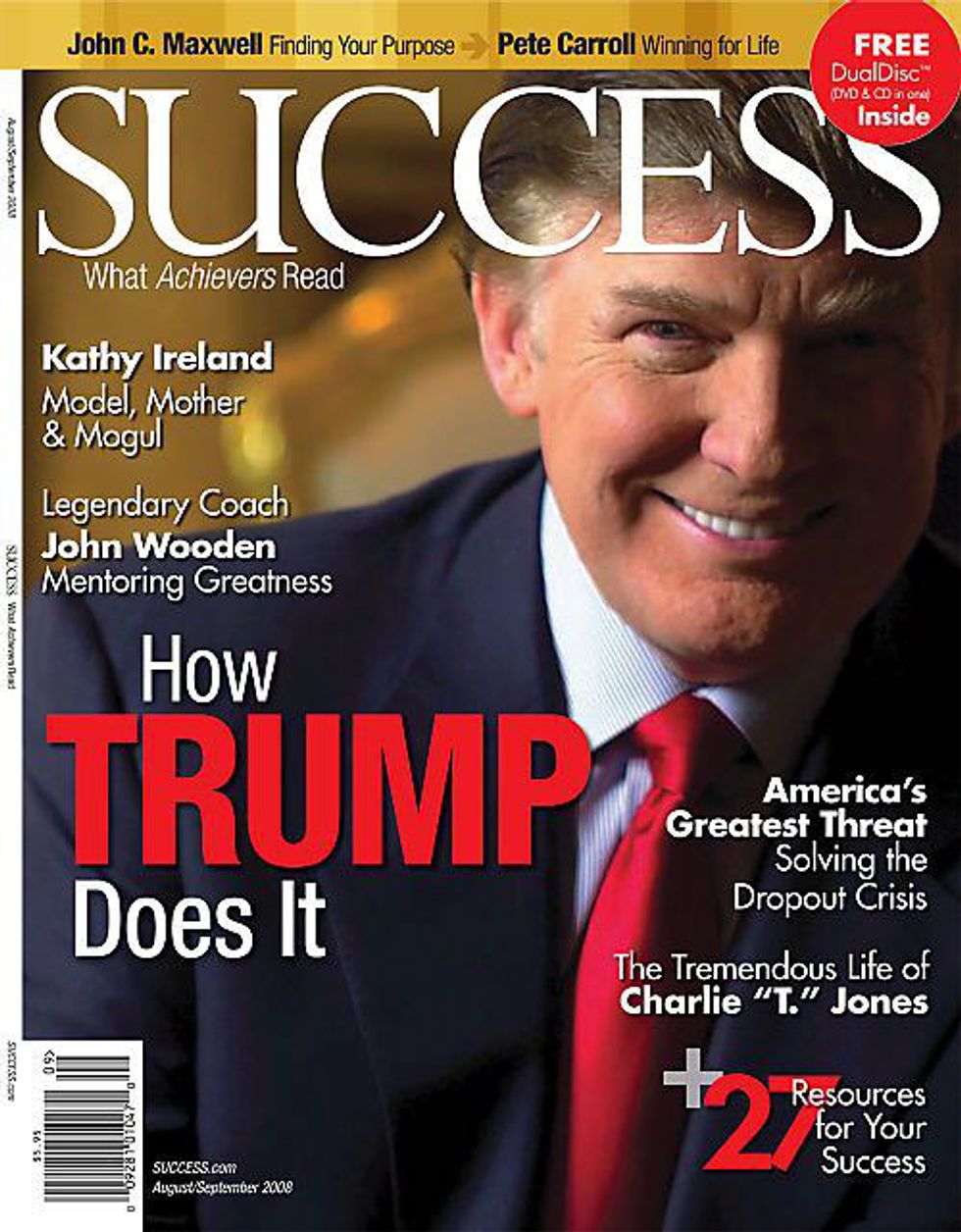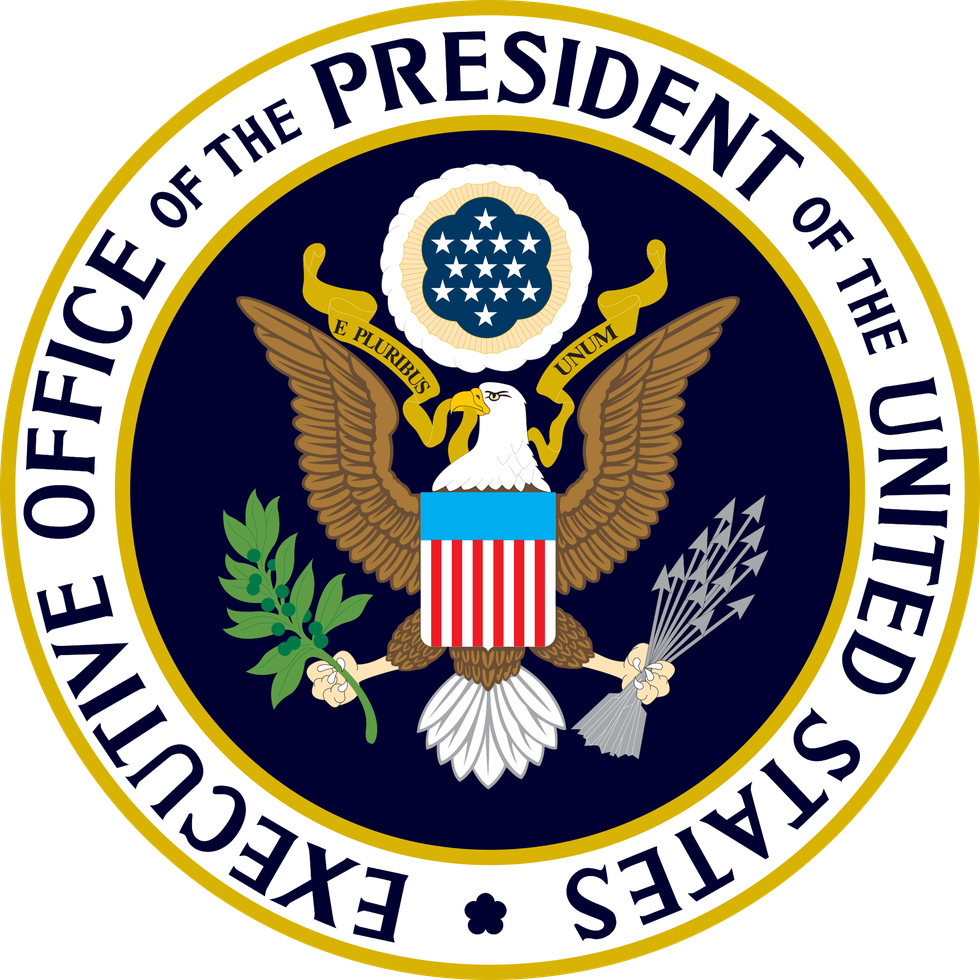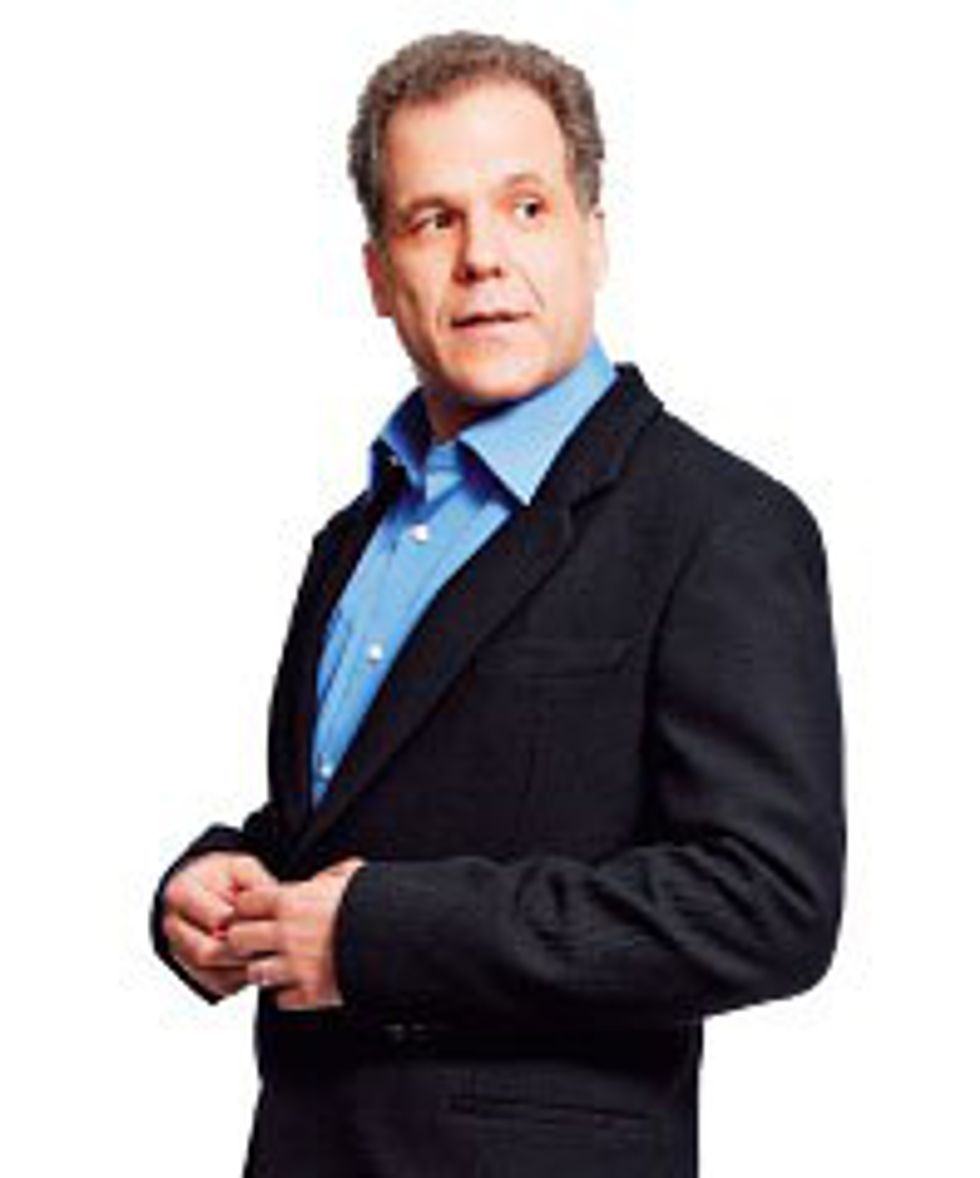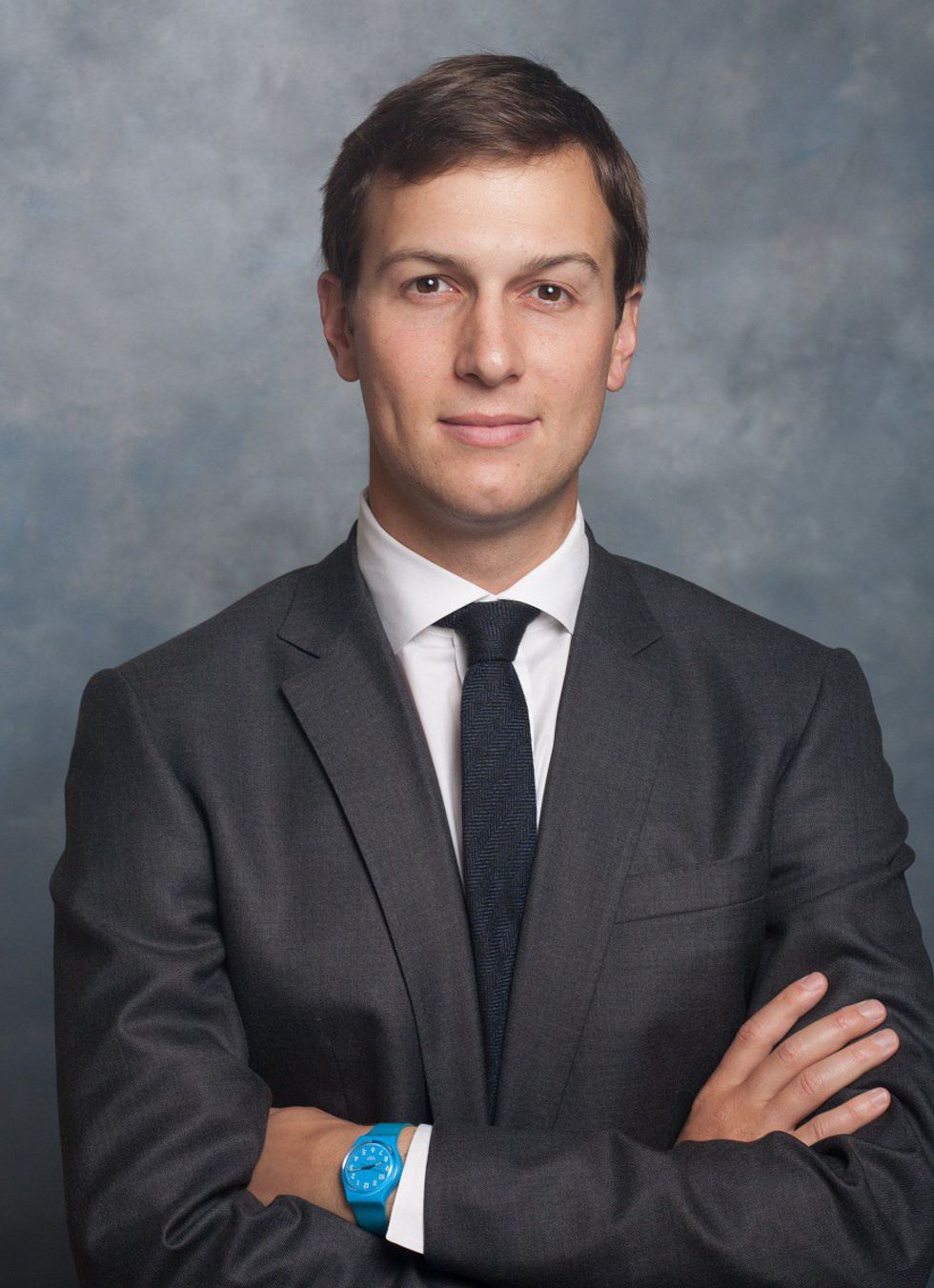We all know the Donald Trump that is currently running for president – he’s the guy with the big mouth and the funny hair. But how much do we actually know about him and where he comes from? Sure, we’ve heard of Trump in the news before. Headlines involving big, risky business often come to mind, as well as ludicrous comments that make one question his or her own morals. These are all common ties one associates with the name Donald Trump. However, what struck me personally while watching the campaign coverage is why everything Donald Trump does is always blown up on such a large scale, and why no other candidates have even remotely similar approaches. There has to be more to Donald Trump than face value, as not just any person can pull off the public stunts that he does. Naturally, I decided to learn more.
Background
I picked up a copy of Donald Trump’s 1987 book, The Art of the Deal, over the summer and began to explore my uncharted waters of his phenomenon. I learned that he was born in 1946 in Queens, New York City, and was raised by his father, Frederick Trump, and mother, Mary MacLeod Trump, along with three older siblings and one younger. He was known as a very bright child, but his excessive energy often led him into trouble and forced his parents to send him to the New York Military Academy at just thirteen years of age.
His father was a builder and real estate developer who specialized in the construction and operation of middle income apartments in Brooklyn, Queens, and Staten Island. During the late 1960’s, while Donald studied to receive his bachelor's degree in economics from the Wharton School of the University of Pennsylvania, he worked in his father’s firm and was later given control of the business in 1971, just three years after graduating. A recurring theme to this day, Donald renamed the business after himself, in this case from Elizabeth Trump & Son to The Trump Organization.
His career since then has featured the construction of countless skyscrapers, hotels, casinos, golf courses, and several other projects across the world, many of which also bear his name. He has built his success on his fast-moving approach to business, regularly practicing his philosophy that it’s better to get more done at the expense of some small mistakes rather than spending too much time scrutinizing less.
Donald is now renowned not only as a businessman, but has built a versatile career out of himself as an author, a television producer, a politician, and more notably the Republican Party nominee for the 2016 president of the United States. It is no wonder that he is listed by Forbes as one of the world’s wealthiest billionaires.
Trump has seen immense coverage from the media and general public during his prominent position as the 2016 Republican Party nominee for president, but just how accurate is this coverage?
To understand Trump’s current place in the race for presidency, one must understand the complex nature of his public image, the extent to which the media’s allegations and coverage affects his public image, and the strategies he uses to appeal to his supporters, and why that is.
What is Donald Trump's public image?
Jared Kushner, Harvard University graduate and owner of the newspaper publishing company, the New York Observer, writes in his article, The Donald Trump I Know,
“I tell people that Donald Trump is a Rorschach test. People see in him what they want to see” (Kushner 14).
Anti-Trump mobs see Trump as a racist, xenophobic, discriminating, cheating, defective, and inept presidential candidate who has lied his way to where he is with empty promises, and will not be elected due to incompetence, grandiloquence, and faulty morals.
This claim of incompetence can be partially backed by looking at the rough patch that he hit throughout the 1980’s. Trump’s cash flows at the time were negative – specifically, ten of his eighteen assets had negative cash flows, and three were only about equal to their debt service payments – but that fact would be irrelevant if the value of his assets was appreciating. Trump insisted that they were, even against the estimations of professionals such as Forbes, so that he could request more funds from the bank, which he convincingly did for millions of dollars more in loans.
As it turned out, the value of his assets did not appreciate and his debt-service payments far exceeded his cash flows. Consequently, in order to keep his business alive, he was forced to put up many of his assets as collateral, lose some control over his business decisions, and sell off many of his luxury possessions.
In hindsight, all businessmen are subject to make relatively poor decisions at times throughout their careers, so looking at this one rough patch should not weigh heavily on the conscience of those still discovering their position on Trump.
The aforementioned disparaging adjectives from anti-Trump mobs are also accompanied by several demeaning takes, such as calling him a callous liar with a pretentious ego and complete lack of self-control. This can be backed with several things, such as Trump’s confirmed lies during September’s national security form. Lee Siegel, a Columbia University graduate and cultural critic who has written for numerous reputable publications, argues in his article, The Selling of Donald J. Trump,
“[Trump] denied, despite hard evidence, that he ever supported the Iraq war. Pundits were dismayed. But his supporters love him all the more for his brazen adherence to the integrity of his “brand” over minor details like the truth” (Siegel 9).
This proves Kushner’s suggestion (above) of Trump as a Rorschach test; people are presented with the facts and are then left to interpret them as they wish – either they love Trump for them or they hate him.
However, Kushner contends that while most people are merely followers of radical anti-Trump mobs, bearing little to no original speculation of Trump themselves, Kushner actually knows him personally. He states that
“It doesn’t take a ton of courage to join a mob. It’s actually the easiest thing to do. What’s a little harder is to weigh carefully a person’s actions over the course of a long and exceptionally distinguished career” (Kushner 10).
Kushner claims that Trump is misrepresented by the media and other presidential candidates for scrutinizing only the “rough patches” in his career. People can misconstrue Trump because they are too ready to adopt everything they hear; Kushner stresses that people form their own beliefs better when they challenge others', as it’s wrong to jump to conclusions without first exploring viewpoints outside of their ken.
Trump’s pundits will argue that he is not a racist, as he was never called one during the entirety of his sixty-eight years of life until he ran for president. Kushner brings rise to the idea that anti-Trump journalists, such as Dana Schwartz, a writer for Kushner with a polar-opposite take on Trump, regulate their false accusations in their writing so much to the point that they’ve become hollow and almost obsolete.
Kushner, who is also Trump’s Jewish son in law, assures that Trump is not a racist or an anti-Semite, saying that Trump accepted Judaism with open arms as it came with Kushner marrying his daughter.
“I've personally seen him embrace people of all racial and religious backgrounds, at his companies and in his personal life” (Kushner 12).
He adds that Trump is not just tolerant of culture, specifically Judaism, but rather he is pro-Jewish and pro-Israel. At a New Hampshire rally on June 30th, Trump responded to an anti-Israel questioner that he plans on protecting Israel to the best of his abilities in office.
There also exists the argument that Trump’s fringe supporters are mainly to blame for his racist label. Many of his fringe supporters post obscene comments explicitly promoting racism (see picture above), among other insolent remarks, on social media pages that blow up all across the internet and are then picked up by the professional media.
"blaming Donald Trump for the most outrageous things done by people who claim to support him is no different from blaming Bernie Sanders for the people who stomp and spit on American flags at his rallies (Kushner 13).
The professional media tends to hyperbolize candidates’ words and fringe supporters in bad taste due to popular demand. Dana Schwartz, for example, writes so strongly in opposition to both Trump and Kushner because it receives widespread attention, a key determinant of salary and incentive for a journalist.
What the media doesn’t publicize is that Trump exiles any and all racists from supporting his movement, but that's clearly not interesting enough to publish.
Trump's tweets and retweets can sometimes be interpreted as alluding to racism, but Kushner claims that this is not the case.
“If my father in law’s fast-moving team was careless in choosing an image to retweet, well part of the reason it’s so shocking is that it’s the actual candidate communicating with the American public rather than the armies of handlers who poll-test ordinary candidate’s every move” (Kushner 16).
This insinuates that candidates, such as Hilary Clinton, hire professionals to analyze every possible notion or implication that could be interpreted as the result of any given wording from their messages. Kushner contends that whereas other candidates send relatively artificial public messages, Trump’s messages are genuine without time spent scrutinizing relatively unimportant details.
This is a concern of Trump’s, as he believes that the government places far too much focus on avoiding making even the smallest of mistakes. The problem he sees with it is the cost to benefit ratio; the time, resources, and energy spent avoiding these instances of political incorrectness can be extravagant. The government’s main goal, as he sees it, is to present a conceptually-aesthetic image with the sole virtue so that it offends no one.
As opposed to the overemphasis he sees placed on political correctness, Trump prefers the business approach, where hardworking people are empowered to get specific jobs done in a timely fashion in order to keep moving forward, all while knowingly at the probable expense of enduring relatively small mistakes.
What role does the media play?
But to what extent do these "relatively small mistakes" prove worthwhile? Does the media accurately represent Trump with their wild allegations, or do they wrongfully hyperbolize even the smallest infractions of his speech? A sufficient indicator for this purpose would be to look at the relationship between Trump and his promoters, and then let that represent the media as a whole.
In early 2015, Trump jeopardized many relationships with his promoters after he inadvertently made some offensive remarks regarding immigration. NBC Universal soon thereafter formally announced on June 30th, 2015 that they would be discontinuing their relationship with Trump because
"At NBC, respect and dignity for all people are cornerstones of our values."
However, this statement is hollow because the program continues to promote him. NBC put him on Meet the Press in August of 2015, which NBC knew would give them their biggest audience in nearly two years, and has had him host Saturday Night Live, among many other promotions. NBC proved that media producers, such as itself, are ratings-driven rather than focused on meeting expected morality standards.
If the media cannot even accurately represent where their ethics are, how can we trust them to accurately represent other people?
As NBC would agree, Trump is a ratings-machine. He has dominated campaign coverage on ABC, NBS, and CBS, featuring double the number of minutes on air as Hillary Clinton and even greater multiples of numbers than others. At the beginning of the campaign in August alone, Trump got nearly double the amount of airtime on the network evening news than all other Republican candidates combined. Trump has come to such a providence because of his consistent effort and consequent success at his role as a ratings-machine, starting way back in the beginning of his career.
But how exactly does Trump make himself this “ratings-machine”?
The goal of any candidate is to manipulate the open-minded population in his or her favor as much as legally possible, and even in this respect, "legally" is sometimes a stretch. The use of effective manipulation, arguably an indicator of intelligent strategic planning, is done primarily in hopes of gaining the votes of the non-pundit population, which makes up an alarmingly great deal of the total population. Candidates have incredibly in-depth plans for every move, word, implication, and notion they make in order to survive the race for president for as long as possible. With this in mind, let’s examine the degree to which Trump manipulates his supporters.
Trump's strategy to manipulating the public takes on many different approaches, but the most notable is his intentional use of surprisingly offensive remarks, tone, and delivery. Although many of the media’s allegations are true and it is proven that he has contradicted several past claims, stretched the truth about others, alluded to racist ethics, and even marred the former immaculacy of his own tax records, he did all of this intentionally at the expense of his public image for reason –marketing without paying a dime.
In his 1987 book, “The Art of the Deal,” Trump emphasized the following:
“One thing I’ve learned about the press is that they’re always hungry for a good story, and the more sensational the better…if you are a little different, or a little outrageous, or if you do things that are bold or controversial, the press is going to write about you” (Trump 56).
This cunning philosophy of his has now carried its weight into the presidential campaign. Up until the general election, Trump had yet to spend any money on marketing or advertising in the primaries because the media is constantly talking about him, writing about him, and begging for interviews anyway. This is because he feeds them quotes that consummate the criteria for a viral story, as he suggested in “The Art of the Deal.”
Trump notes that while he could have been paying roughly forty-thousand dollars per article during the primaries, among all other sorts of advertising, he has had countless published for free, and he insists that any free advertising is good advertising.
Today, in response to the wild allegations and stories written about him as a result of his ludicrous comments, Trump now pays for follow up coverage to clarify his message, which is what really amounts to the free advertising he is looking for.
Meanwhile, his competition have/had spent millions of dollars on advertising, and many people still do not know who most of them are.
From a holistic perspective, I, a college student at the University of Maryland, am currently proving this point by writing an article on the man as he focuses on other ways to win the election. Trump has been practicing these little tricks his whole career, and has become a master of them.
How does Trump appeal to his supporters?
A candidate's influential power rests in his or her ability to embody the attributes of the people's ideal president. In Trump’s case, he must personify the character of a man of action who is not afraid to confront any and all issues, which is a constituent of why he appeals to so many – he discusses topics that most politicians try to avoid.
Someone like Trump, with no previous political background, has been able to sell the ideology that because he was able to build his own dynasty in the business world, he will be able to build everyone (the United States of America) analogous success while in office. This makes him a demagogue who exploits his master-manipulator qualities to the people through his capitalist twist to populism.
Siegel continues his article with a reference to cutthroat American capitalism, contending that
“Donald J. Trump is where he is because of a new force in American politics, one very different from the old politics as usual…he is the first candidate to embrace a slice of the country that sees everything, even the fate of the nation, through the logic of cutthroat American capitalism” (Siegel 2).
In other words, Trump resonates with his supporters by instilling in them the idea that the fate of the nation relies on his capitalist approach to political matters.
In contrast, the other sixteen Republican candidates that have dropped out were only able to market their similar political backgrounds backed by their promises of honesty, trustworthiness, and homogeneous visions for the future of the United States.
Furthermore, Trump appeals to very specific demographics. Trump’s supporters who respect him as an efficacious businessman deem that the application of his "cunning philosophy" (see above) along with his notable acumen in business matters have built him a successful dynasty in the business world, and thus believe that could hold great potential in office after the learning curve and given some supervising.
Siegel also hits on the interesting point that
“Now, in an era where the market reaches deep into our private lives and even high school students are expected to be experts in self-marketing, the door is finally open” (Siegel 5),
which suggests that because students of age to vote are now being more educated on business matters (but are still inexperienced in the real world), their ideologies and fanboying of Trump’s large-scale success in his career can play a huge role in determining their naive political stances. Anything that serves as a determinant for influencing political perspective is a prime constituent of demographics-targeting, and Trump is fully taking advantage of this new "open door" by trying to sell himself as a reputable, winning product that appeals to all rather than for his political qualification.
Although many consider Trump's political qualification to be questionable and significantly less in respect to Hilary Clinton’s thirty-five years in politics, Trump’s demagoguery, coming from no previous political background, does prove his ability to inspire and lead, a much needed attribute as president.
The Fate of the Nation
The investigation of Donald Trump’s origins, his current public image, the media’s role on his public image, and just how a man with no previous political background can appeal to so many is an infinitely long one. Because Trump, a businessman, is the Republican candidate selected to run against Hillary, his demeanor must come from a different base than that of a professional politician like her. The fact that he has defeated sixteen professional politicians to get to where he is today is an eye-opener – this does not happen by chance.
Trump strikes a chord in those who have been immunized to the political elites, or in other words, the “that’s the way it's always been and I can’t do anything about it” crowd. Elites do not want the status quo to be challenged this way; they thrive on people's apathy and ignorance by persuading them that they know what is best, and that the government (taxes) will make sure everyone gets everything they need.
Hillary Clinton has what is coined as elite immunity because she accepts this status quo and has innumerable connections therein. Therefore, the elites support her in any way they can, such as funding her campaign and influencing what the media publicizes. Donald Trump is faced with the task of overcoming this unlevel playing field.
Lee Siegel, from whom many intuitions are derived in this article, belongs to the academic/critic-writer elite class, coming from Columbia University with no business experience. Thus, he sees everything through the prism of theory, much like President Obama, which entails the political ideologies of professors, activists, lawyers, and orators. This approach generally yields great discussion on issues that likely won't fully be acted upon.
Siegel's “cutthroat American capitalism” statement is just that – a statement that invites discussion but with no action. Siegel doesn't offer an alternative to Trump, as he insinuates in his last paragraph, but instead only suggests that Trump is a product of cutthroat American capitalism, which he claims is antithesis to the political culture of today and of which he is also a member.
However, Jared Kushner, from whom many intuitions are also derived in this article, is an American businessman, political operative, and investor. Therefore, he sees everything in the similar capitalist approach to that of Donald Trump. This approach generally yields less time spent scrutinizing issues but rather taking action on those issues.
With two credible, but conflicting takes on Trump for president, Trump’s competence as the leader of our country is left subject to the reader for interpretation. However, looking past the controversy surrounding Donald Trump's competence but rather at the general ideologies of Republicans and Democrats, it can be said that Trump's final place in the race for president is contingent upon the consensus of just how hard people would be willing to work for an A in a class if everyone in the class received the same grade average no matter what at the end of the year. Some people are on board with the idea, while others have different goals in mind that would otherwise be de-incentivized and squandered, which would ultimately prevent the class from achieving their highest potential grade average if the incentive was still there.
The majority of business people do not set out to help others, but rather work primarily in their own interest for prosperity. Yet as these people try to improve their own growth, their efforts serve as an Invisible Hand that help the whole economy grow and prosper through their production of goods, services, and ideas.
Free-market capitalism, more than any other economic system, provides opportunities for poor people to work their way out of poverty while also encouraging businesses to be more efficient so that they can compete on price and quality with other businesses. Under free-market capitalism, people are more motivated to work harder at their jobs so that they may make more money in return, which has any number of benefits for the overall economy.
On the other hand, socialism promises equality for all, such that wealth is more evenly distributed among all people of the country (i.e. the government imposes heavy taxes on the wealthier and redistributes it to poorer people through various government programs), which drains people's motivation to work hard at their jobs because they know their hard earnings will just be taken away from them at the end of each year.
The following phrase can accurately describe the downfall of socialism: "Give a man a fish, he's fed for just a day and is still dependent on the free fish." In more of a free-market capitalist sense, you can add to the phrase:"But if you teach a man to fish, he's fed for a lifetime. And if you empower a man to start a fish farm, he will be able to feed a village for a lifetime."
Without a thriving economy, there is no thriving nation. The status of our economy depends on the success of businesses that influence the regulation of consumer spending, and that success (money) is also what drives business incentive. Without incentive from every level and industry of business in our country, there is no hope for a thriving economy, and by modern law of transitive properties, there is no hope for a thriving nation.
The stakes are high for those who have sat on the sidelines and said what's the point of voting, which makes the Trump phenomena more telling. If the Democrat wins, the Supreme Court will be realigned to a very progressive agenda and will take us on a road to socialism.
People of the United States must decide if they want to be a country of action driven by incentive, or a country of reaction driven by abidance to the status quo.
"It is not from the benevolence of the butcher, the brewer, or the baker that we expect our dinner, but from their regard to their own interest" (Adam Smith, "The Wealth of Nations").




